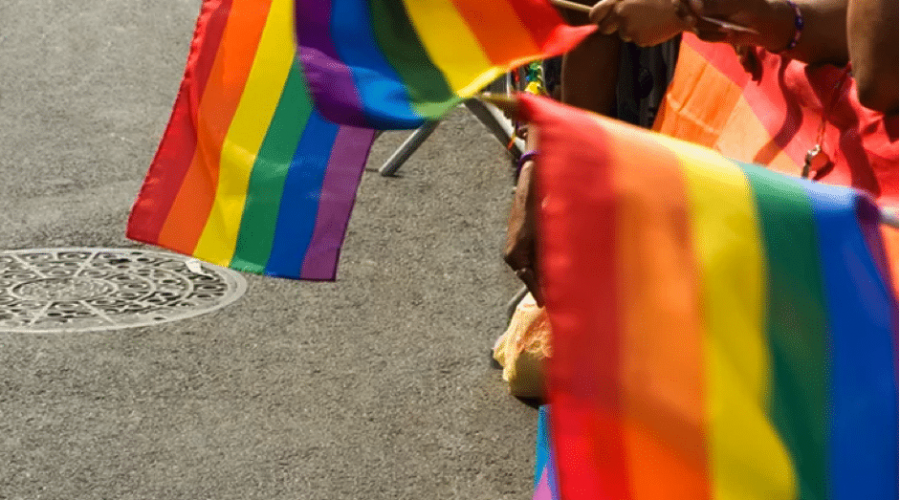Today is one to celebrate as Australia finally gets with the program on marriage equality and economic progress.
Spending on weddings is likely to get a significant boost as a result, and the Australian economy is likely to benefit as a result.
After waiting many weeks for the outcome of a postal survey, we now know that Australians overwhelmingly voted yes in favour of marriage equality and in doing so, “voted yes for LOVE”, as Prime Minister Malcolm Turnbull said in a press conference today.
The final count of the voluntary vote was 7.8 million responses in support of same-sex marriage, and 4.9 million against.
This means we join the likes of countries such as Canada, Denmark, France and the United States just to name a few, which also support some form of marriage equality or gay marriage either across their country or in certain states.
According to ANZ Bank in a news.com.au report, the Australian economy could be up to $1 billion richer once marriage equality is officially declared legal, which could happen before Christmas.
If 2018 proves to be a busy year for weddings, we could start to see a $500 million annual boost to the economy as a result with small business operators and the tourism and services sector set to benefit.
The result could also bring with it an added sense of financial security to the gay and lesbian community.
Ahead of the vote count, a St George Bank report into the financial wellbeing of the LGBTQI community found nearly 7 in 10 respondents said they were worried about their financial future.
It also found they were less likely to own their own home and fret about their ability to financially provide for themselves and their family.
LGBTQI stands for Lesbian, Gay, Bisexual, Transgender, Queer or Questioning, and Intersex people.
Key findings in the St George Bank report included:
- 8 in 10 Australians believe LGBTQI community should have the same rights as everyone else
- Two thirds of Aussies (64 per cent) believe life is harder
- 3 in 10 (29 per cent) of LGBTQI Australians have faced discrimination when dealing with a financial institution in Australia
- Transgender Australians are twice as likely (56 per cent) to have faced discrimination from financial institutions in Australia
- 7 in 10 (69 per cent) of LGBTQI Australians believe they require a unique approach to ensure a level playing field with other Australians.
- Three quarters of LGBTQI Australians feel as there are only some communities they can live in
- LGBTQI Australians are 31 per cent more likely to be renting
- 28 per cent of LGBTQI Australians are less likely to be home owner-occupiers
- 3 in 10 LGBTQI Australians expect to live only a ‘modest’ retirement
- 26 per cent of LGBTQI Australians have their finances shared with a partner












